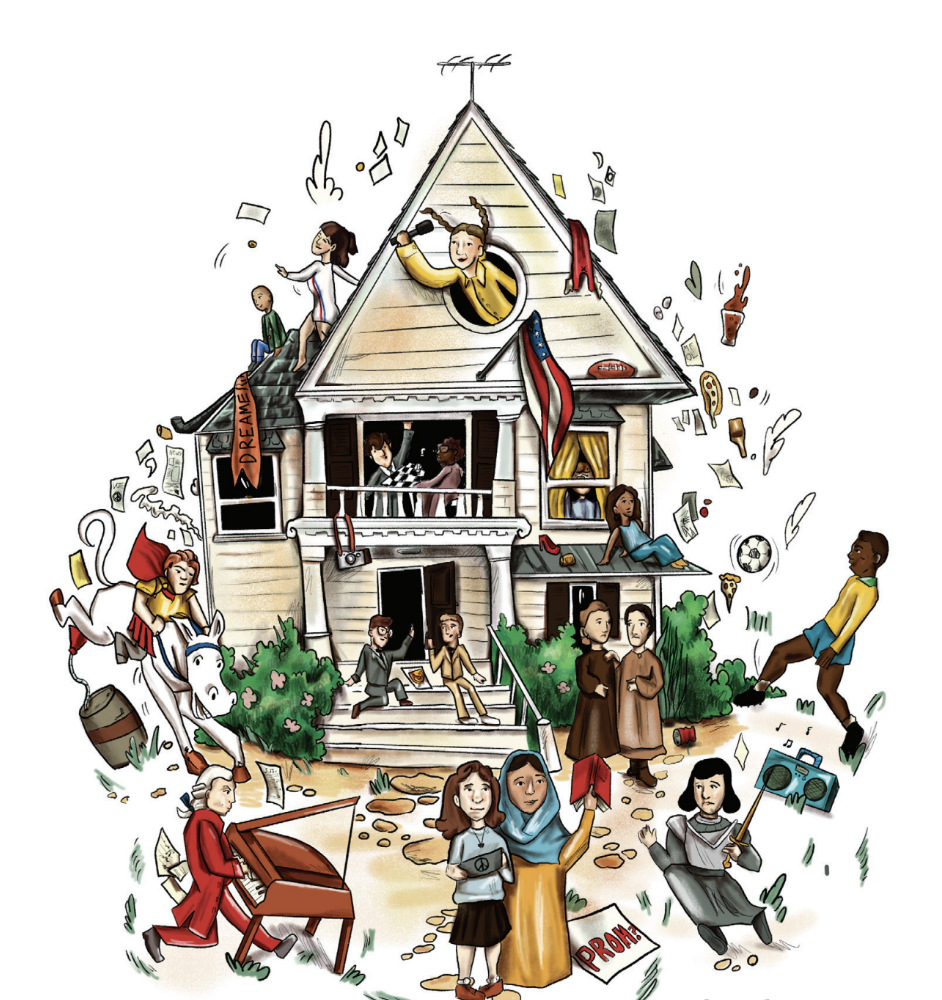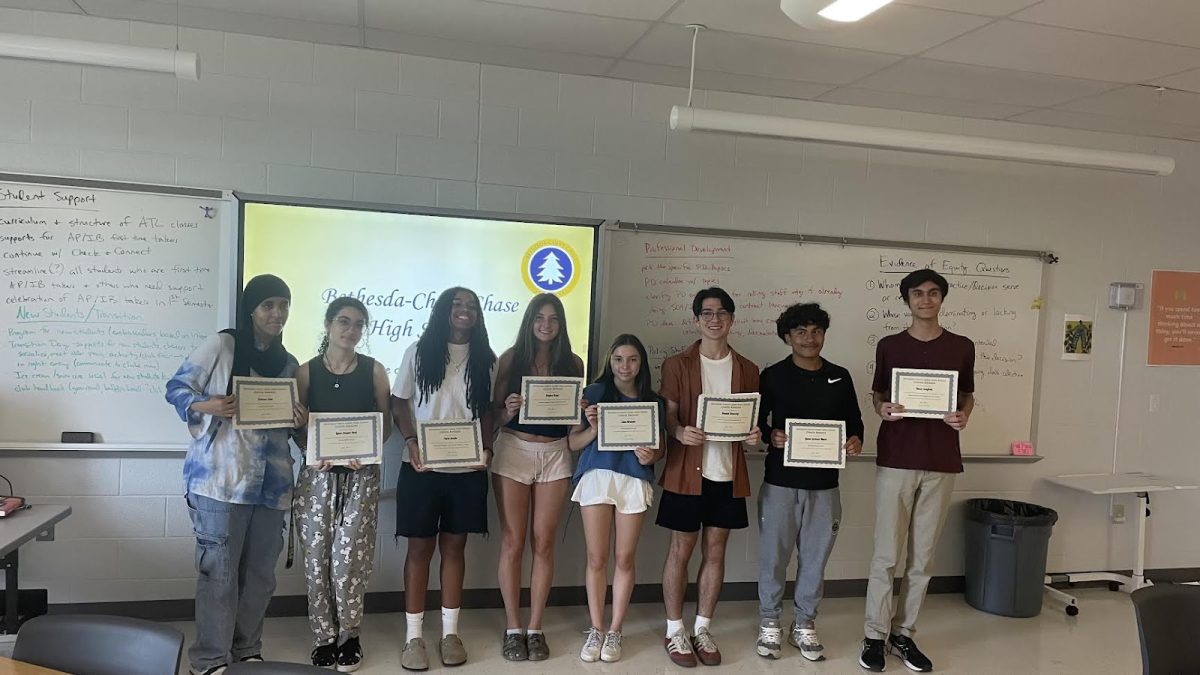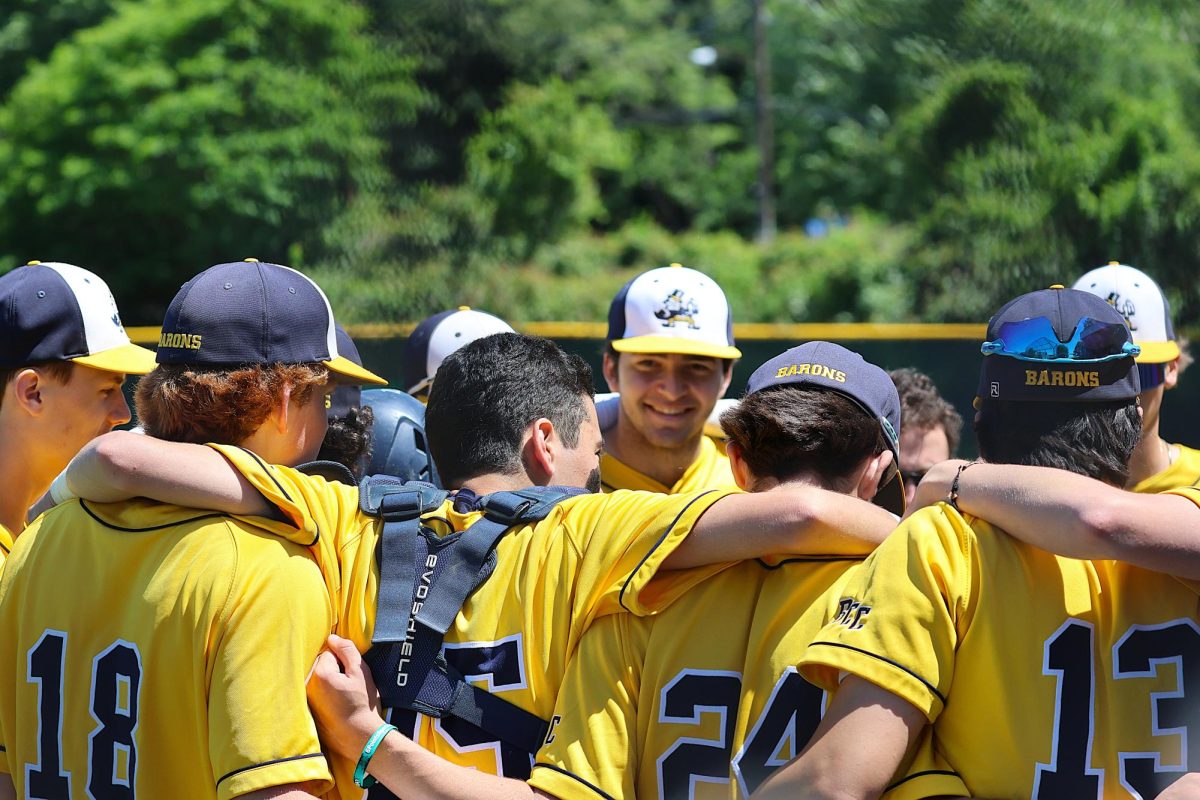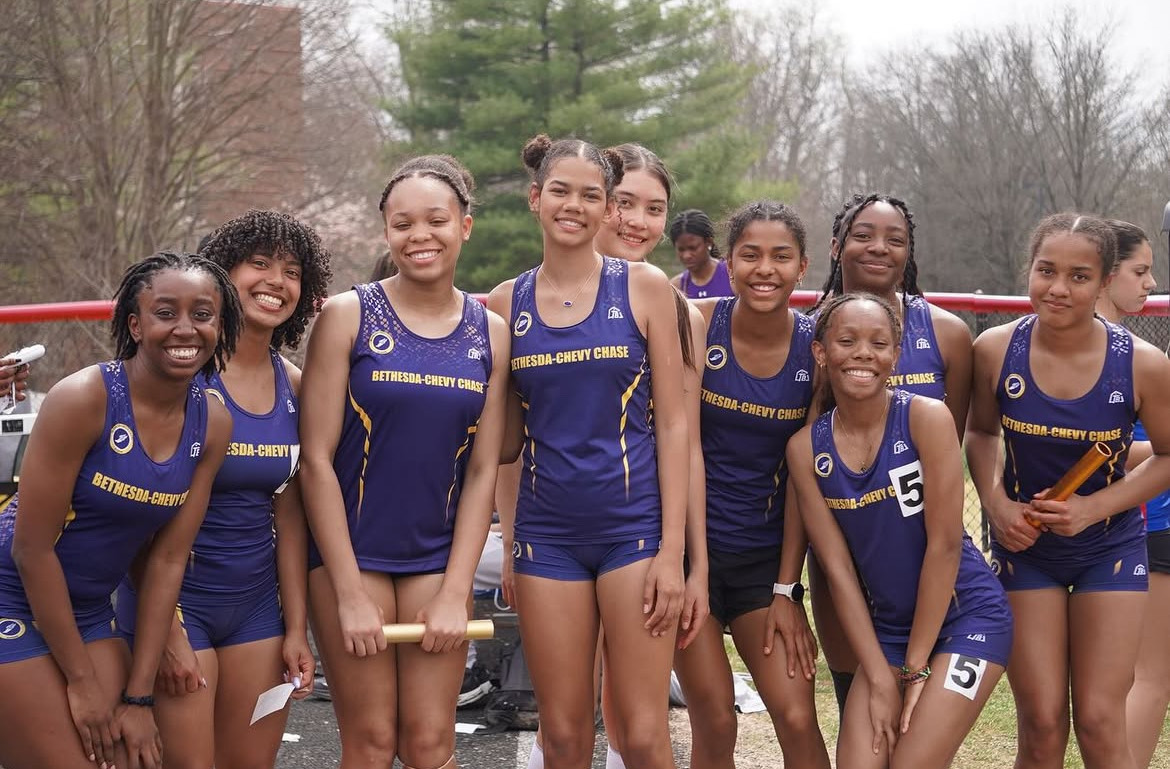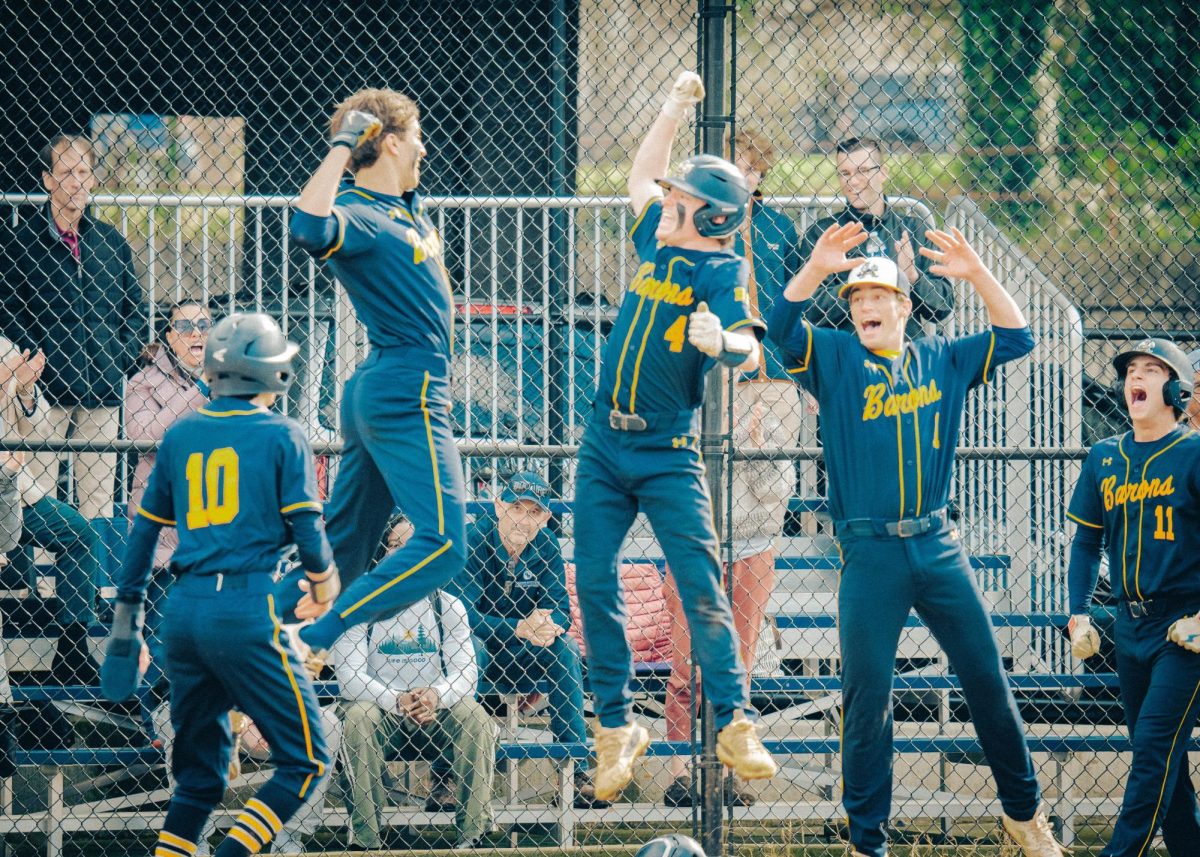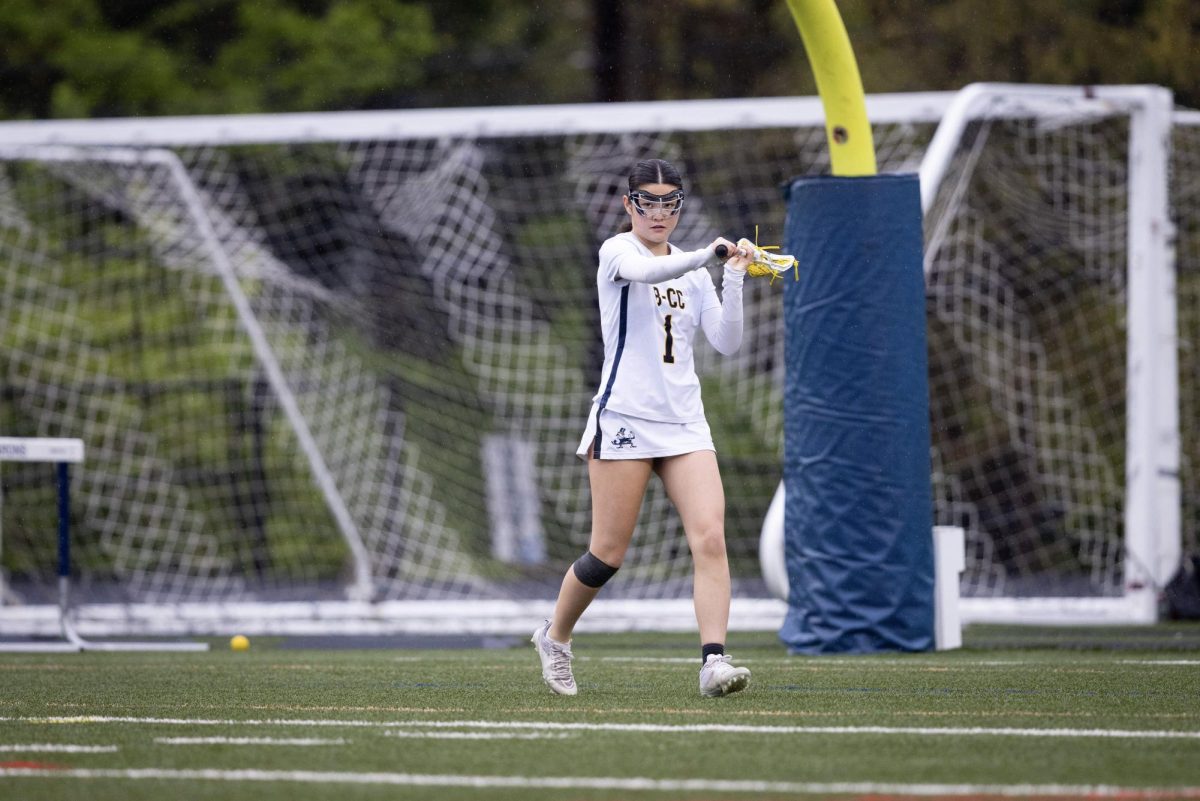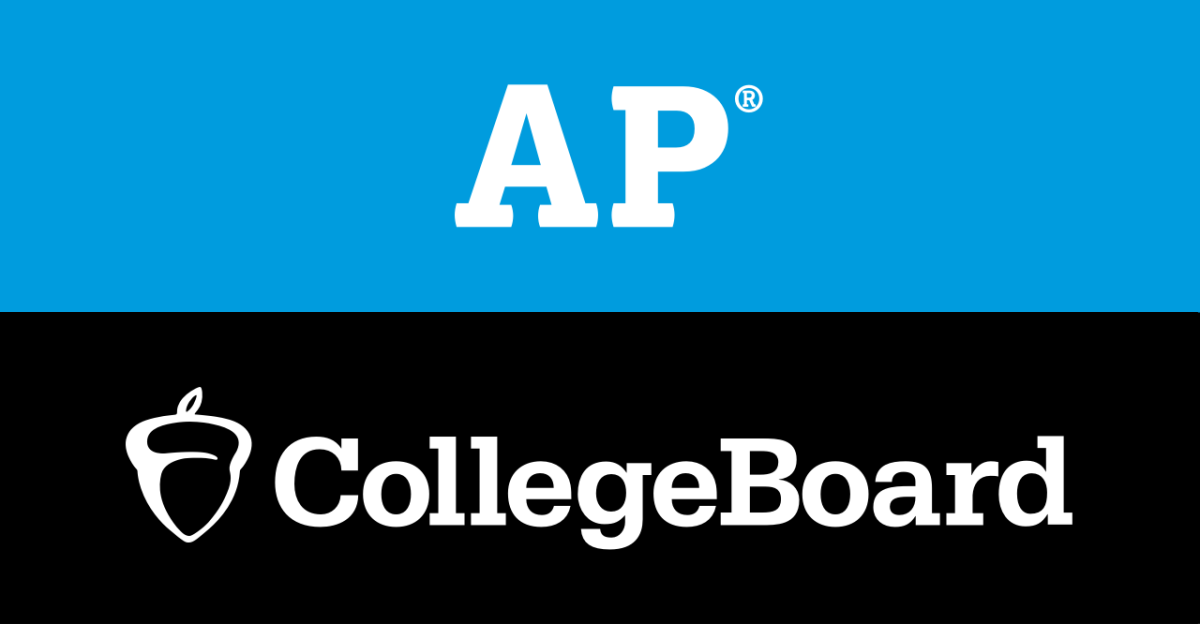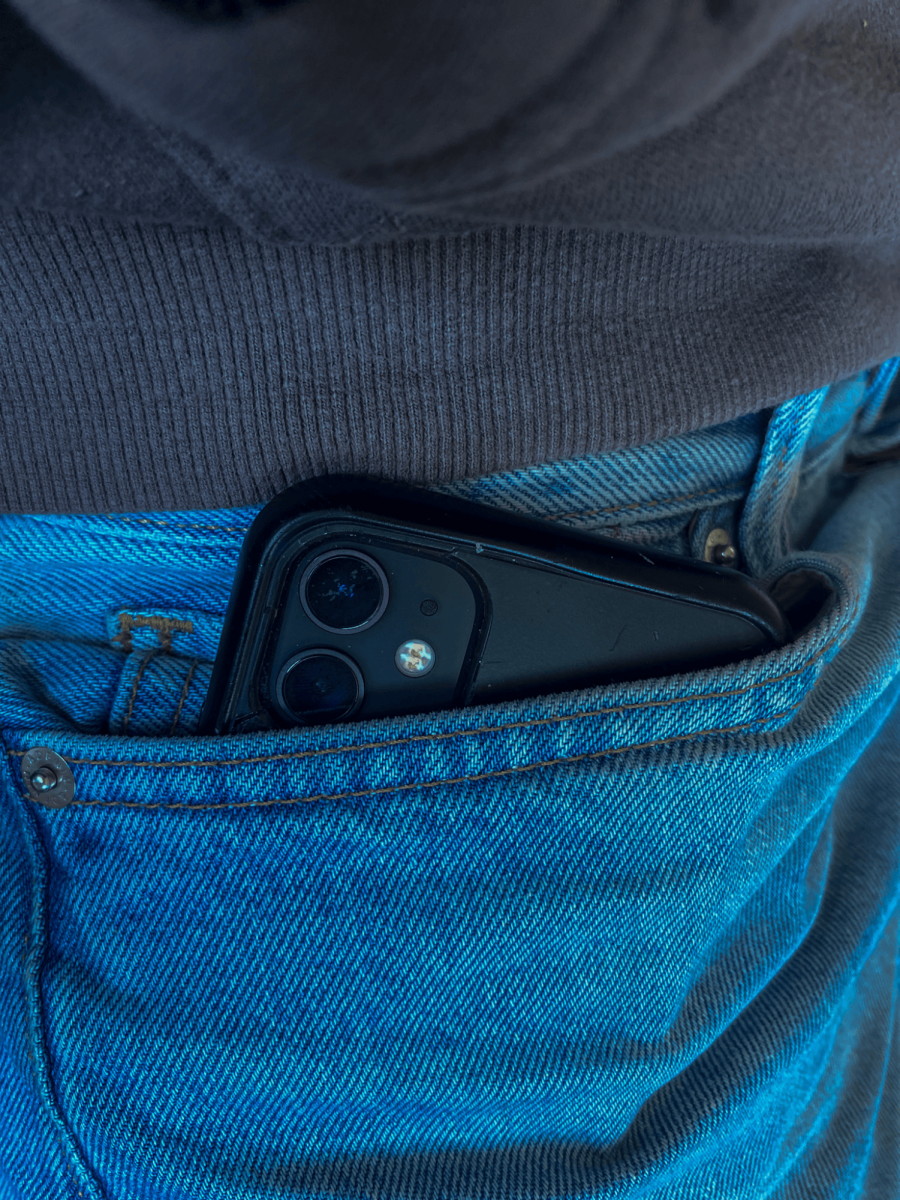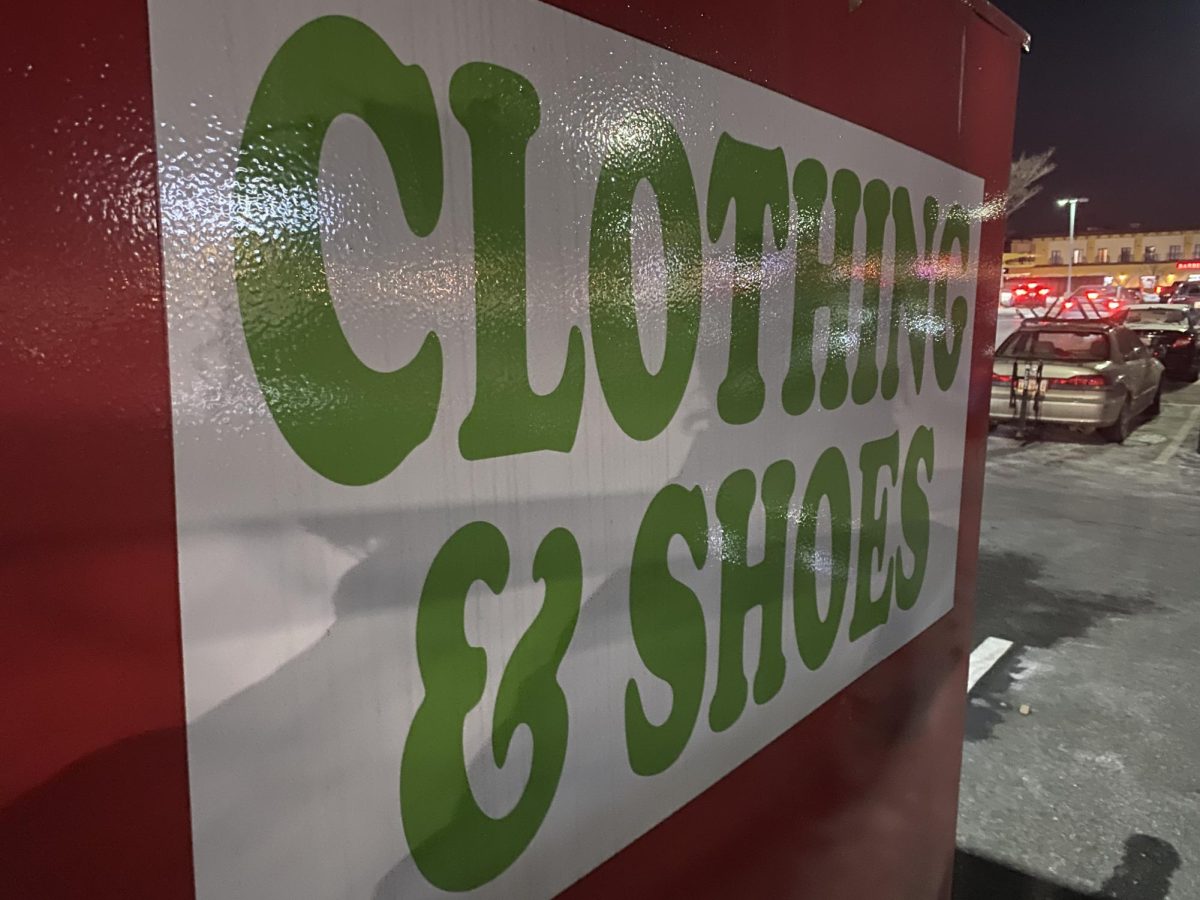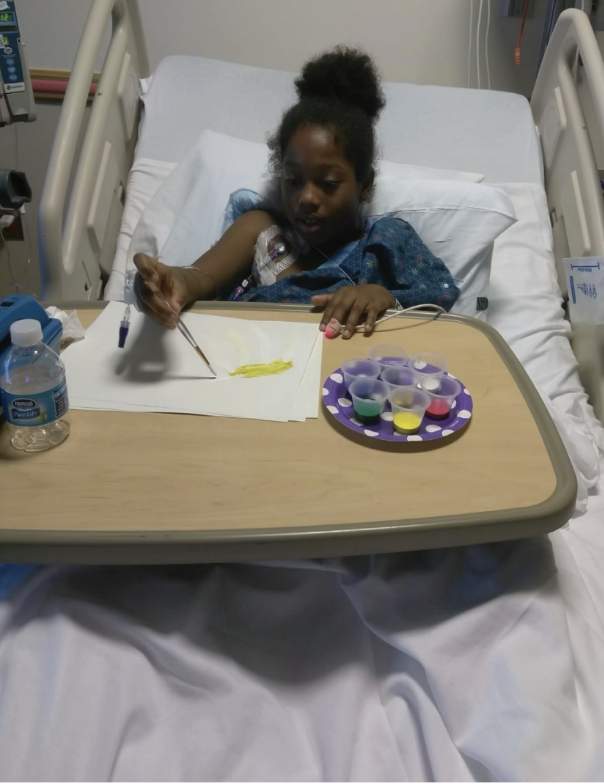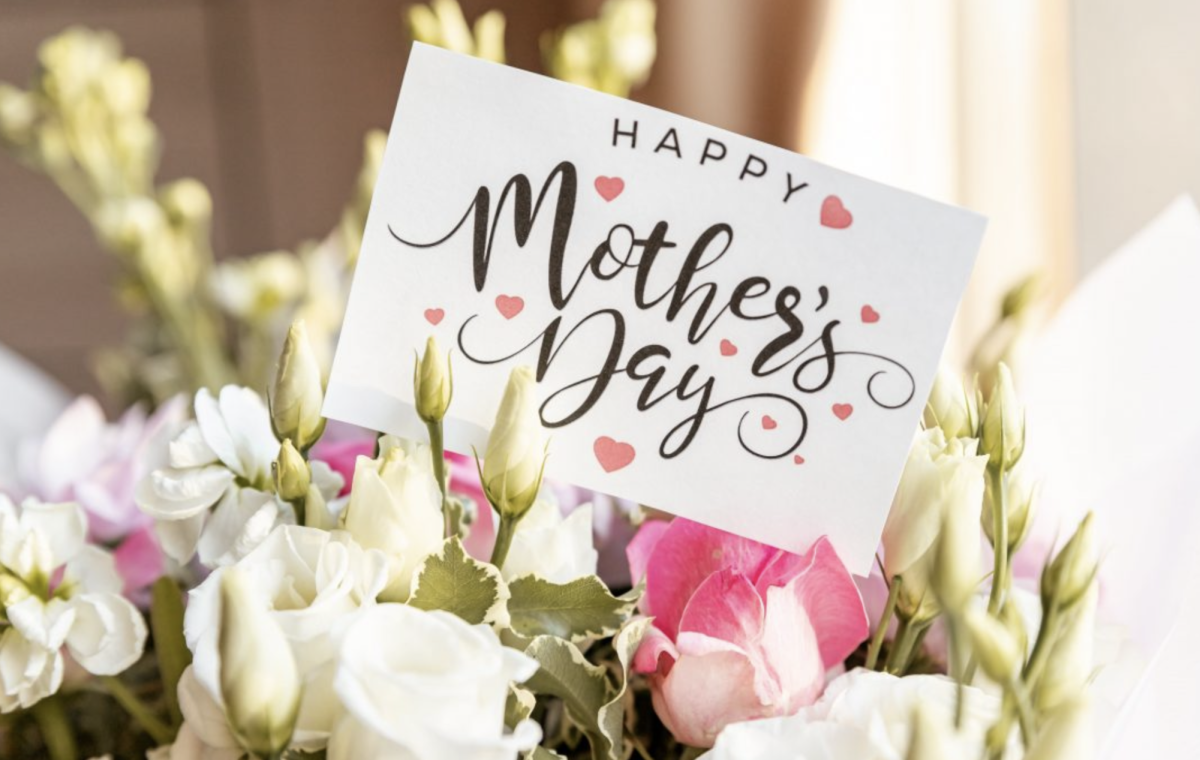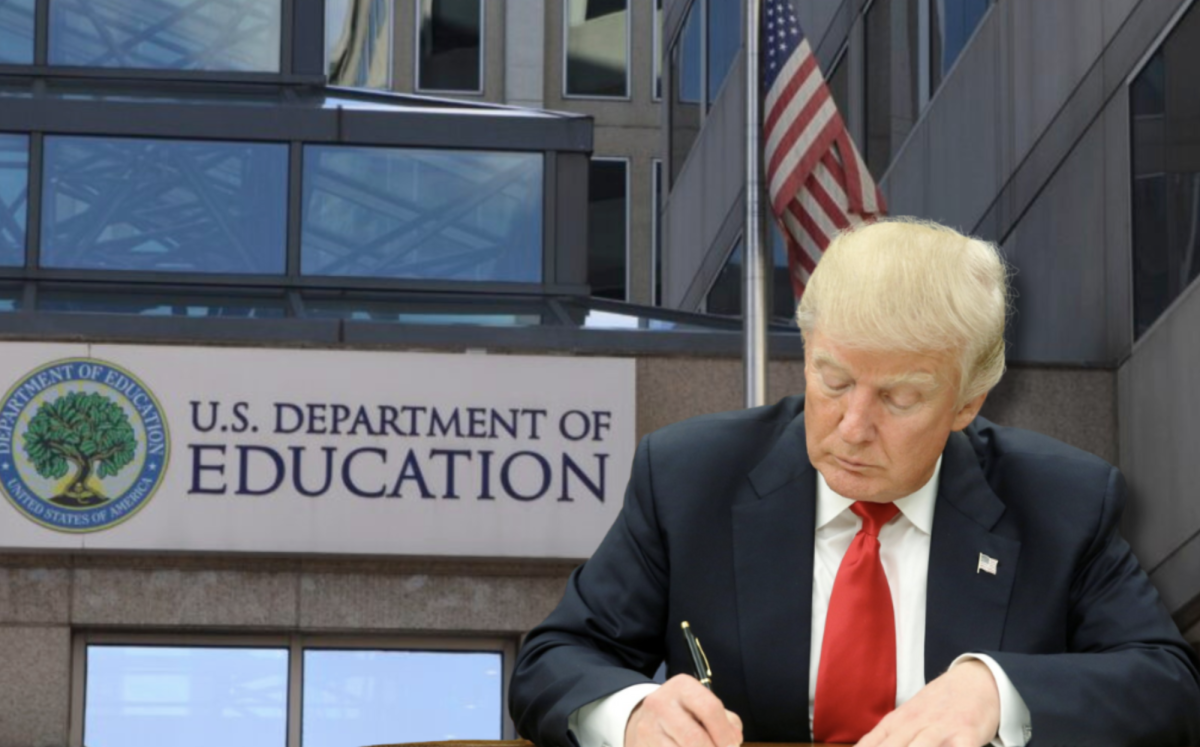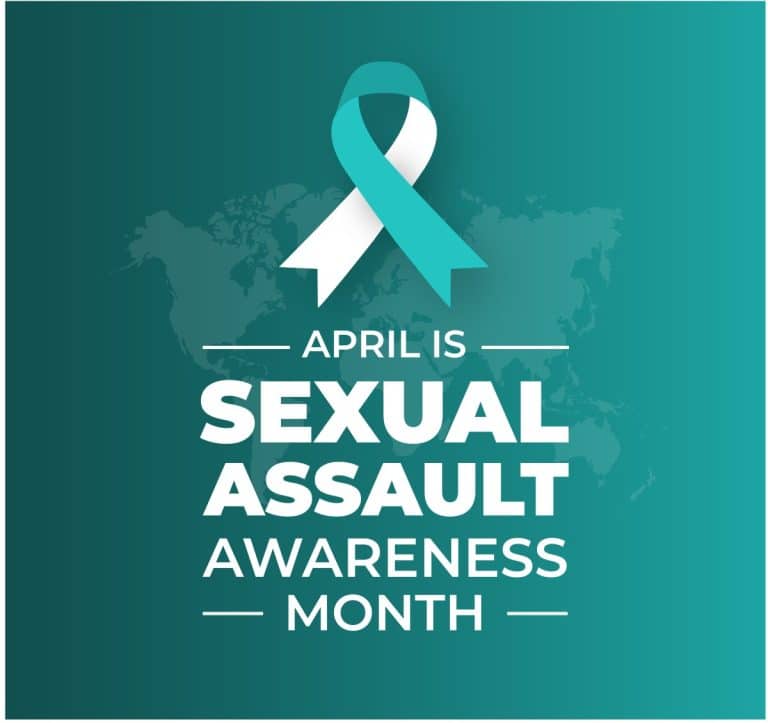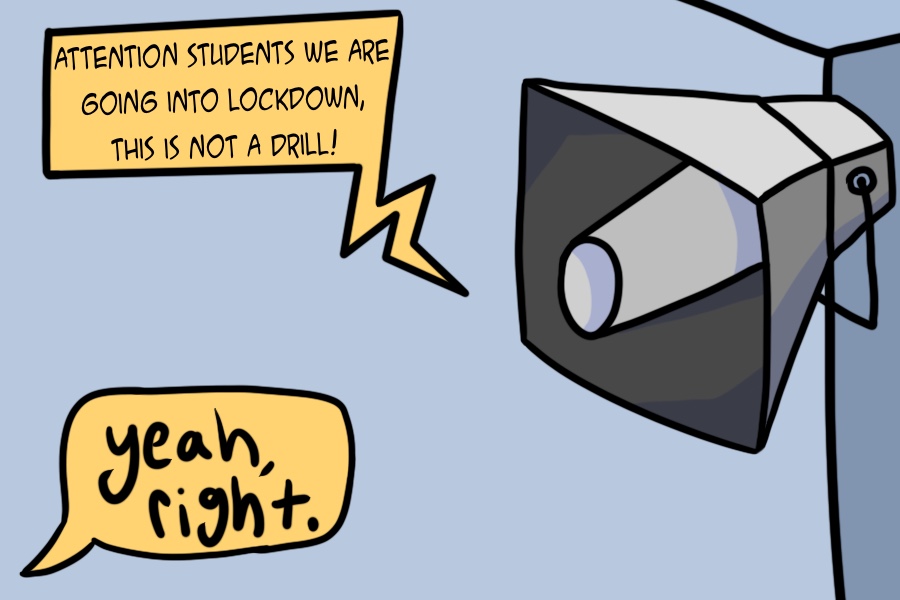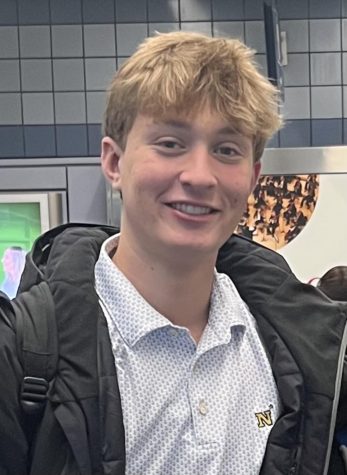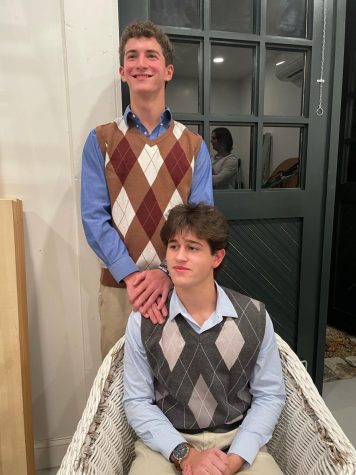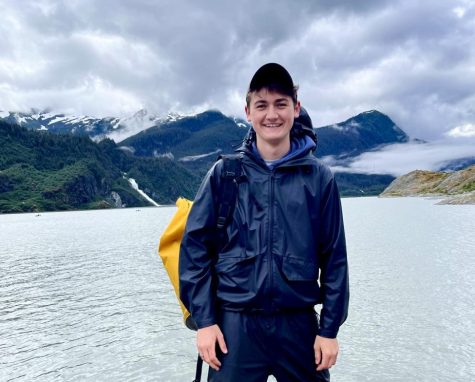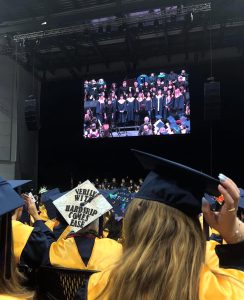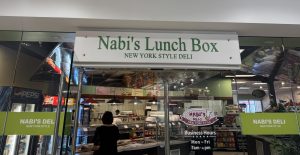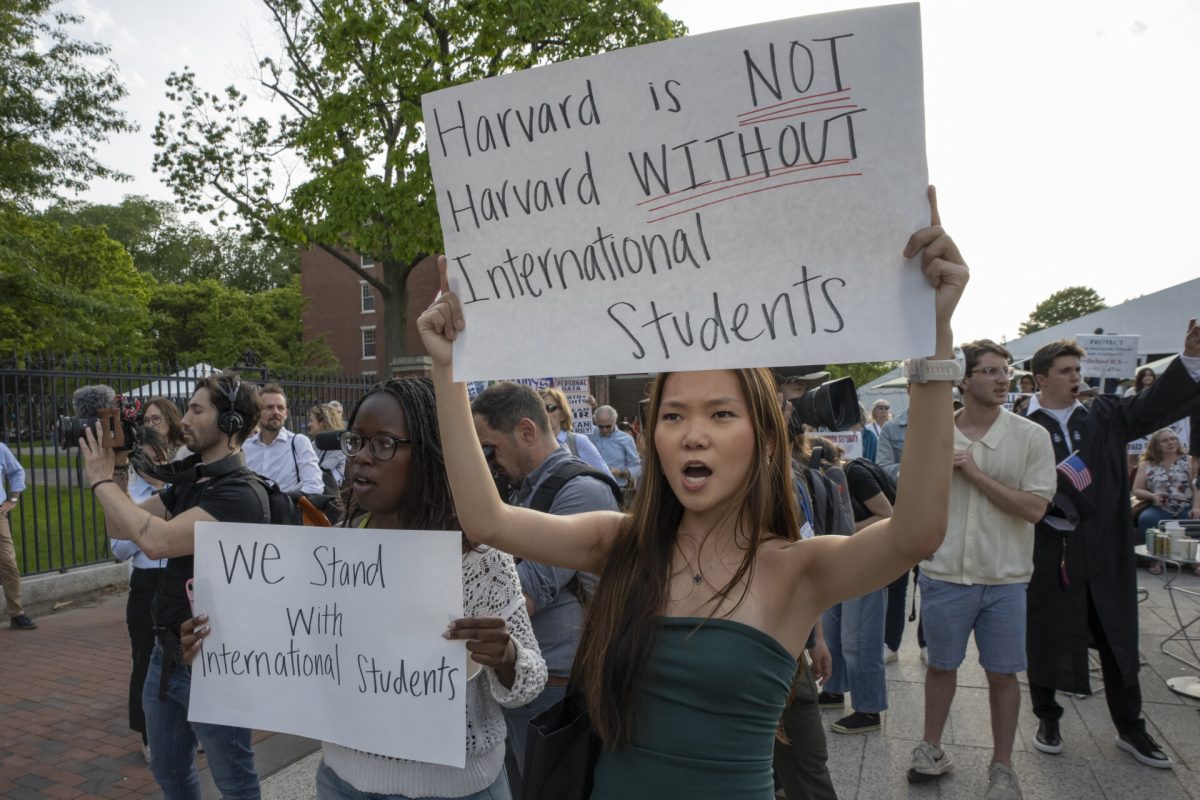This Is Not a Drill
The safety of B-CC students remains uncertain.
October 12, 2022
It takes burning your hand to fear fire – likewise, safety measures and general caution too often evolve from catastrophe. Montgomery County’s programmed response to threats of in-school violence has not differed from this trend. On September 14, 2022, Bethesda-Chevy Chase High School was met with its own catastrophe when the school received word of a gun on campus. On this day, several internal failures in regard to lockdown preparedness occurred, including transparency with the B-CC community, classroom security, and substitute action plans.
In a statement on the weekly school news program, Principal Shelton Mooney praised students and teachers for doing “exactly what [administration] asked them to do during a lockdown…we were able to make sure that everyone was in a space where they were safe as quickly as possible.” As Tattler began to piece together information, it became clear that this was not entirely true. “[A teacher] repeatedly told students to stop using their cell phones but negated [sic] to follow the lockdown protocol…[they] did not address the fact that we remained exposed by the windows and doors from our chairs,” a 12th-grade student told Tattler. Another 12th-grade student recounted how their teacher “had a zoom call” during the lockdown in a similarly flagrant violation of lockdown procedure.
These two incidents are a far cry from proper MCPS procedure surrounding lockdowns. An MCPS document relating to lockdown procedure specifically notes the importance of “maintain[ing] silence” at all times and instructs teachers to “close the blinds and cover the door windows.” Further documents convey the importance of teachers in “secur[ing] their immediate area and account[ing] for students.” It is hard to see how either of the situations above adhere to these policies. When asked about staff not adhering to the protocol, Mooney wishes he would have told staff and students “very clearly that this is not a drill.”
However, this signals a larger problem: the administration does not expect teachers to take lockdown drills as seriously as they would during a real safety threat. In order for teachers and students to know how to act during a lockdown, they must be prepared under similar expectations. Teachers voiced similar frustration in an internal meeting with administration, asking “why [they] couldn’t…be informed that this was not a drill.”
Uneven substitute teacher protocol represented yet another safety blindspot. A veteran teacher quickly listed several spots in which the administration failed to ensure student and teacher safety: “Subs and people who are covering classes don’t have keys.” When asked if there were classes that had remained unlocked during the lockdown, the teacher responded, “absolutely.” The teacher further explained that “there does need to be a plan in place for subs on the school level, and that is for the admin[istration] team and the leadership team…to talk about.”
As of now, the issue has yet to be addressed by the administration. According to a consistent B-CC substitute teacher, “I didn’t get any training…the kids told me to lock the door” during the lockdown in a sign that the school system has failed to adequately prepare substitute teachers to deal with student safety threats. It appears as if the lack of a coherent steps for substitute teachers will remain the norm. Dr. Mooney, when asked about the lack of room keys, mentioned, “The answer is that we really don’t know what to do with it.”
The safety of B-CC students remains similarly uncertain.



